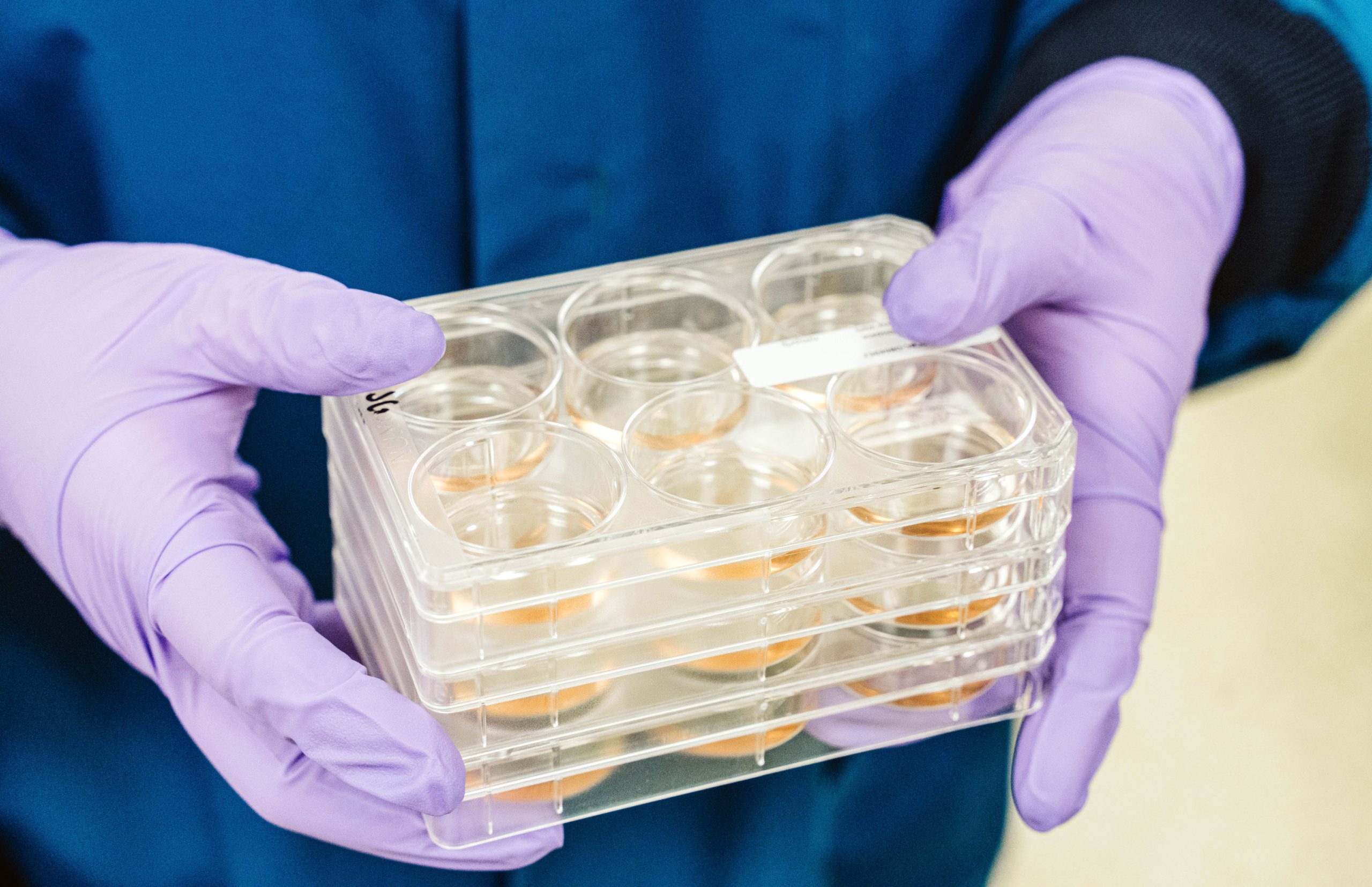NHLBI Next Gen - Platelet Aggregation (Dr. Lewis Becker, The Johns Hopkins University)
About Becker Lab’s Next Gen Cell Lines
This collection, from Dr. Lewis Becker (The Johns Hopkins University), was generated to enable the study of the genetic basis of human variation in native platelet function and platelet responsiveness to aspirin. The iPS cell lines from this study are included within this collection.
This collection contains over 180 human induced pluripotent stem cell lines derived under highly efficient clinically compliant conditions. The cell lines are comprised of healthy brothers, sisters, and offspring of index cases and siblings of persons of early onset coronary disease (< 60 years of age). None of the subjects were affected with clinical coronary disease, stroke, or other overt vascular disease phenotypes at the time of the study. Pedigrees are detailed in the “Genetically Related Cell Lines” field of each cell line’s web page. The ages of donors range from 28 to 86 and ethnicities include Caucasian and African American.
This cell line may only be used for cardiovascular related research, in accordance with donor consents. Additional information regarding relationships can be found here.
About the Next Generation Genetic Association Studies (Next Gen) Program
These cell lines were created as Next Generation Genetic Association Studies (Next Gen) Program, which was a five-year, $80 million program to investigate functional genetic variation in humans by assessing cellular profiles that are surrogates for disease phenotypes. To achieve this, researchers from multiple institutions across the U.S. were awarded grants to derive iPS cell lines from more than 1,500 individuals representing various conditions as well as healthy controls for use in functional genomic (‘disease in a dish’) research. This extensive panel includes a diverse set of age, gender and ethnic backgrounds, and therefore will be an invaluable tool for evaluations across demographics. Further enhancing the utility of these cell lines are data sets such as phenotyping, GWAS, genome sequencing, gene expression and -omics analyses (e.g., lipidomic, proteomic, methylomic) that will be made available with the cell lines.
Showing 1–16 of 187 results
Cell Line | Cell Line Alias | Cell Type | Disease | Genetic Alteration/Mutation | Sex | Age at Collection | Ethnicity | Genetically Related Cell Lines | dbGaP Data |
|---|---|---|---|---|---|---|---|---|---|
P002A | Human iPS | None reported | Female | 63 Years | African American | No | Yes | ||
P004B | Human iPS | None reported | Female | 61 Years | African American | No | Yes | ||
P006A | Human iPS | None reported | Female | 63 Years | African American | No | Yes | ||
P013B | Human iPS | None reported | Female | 52 Years | African American | No | Yes | ||
P017 | Human iPS | None reported | Female | 46 Years | African American | No | Yes | ||
P018 | Human iPS | None reported | Male | 59 Years | African American | No | Yes | ||
P022 | Human iPS | None reported | Male | 49 Years | African American | No | Yes | ||
P024 | Human iPS | None reported | Female | 68 Years | African American | No | Yes | ||
P027 | Human iPS | None reported | Male | 30 Years | African American | Yes | Yes | ||
P032 | Human iPS | None reported | Male | 39 Years | African American | No | Yes |
